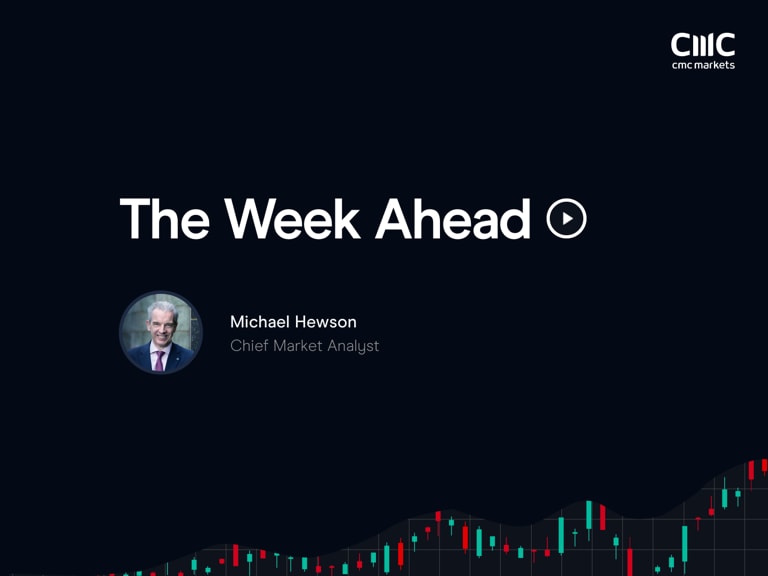Having got past last week’s big three central bank rate meetings without too much kerfuffle, the slight change of stance from the Federal Reserve and the Bank of England when it comes to inflation wasn’t completely unexpected, even if the timing of the Bank of England rate rise was.
As ever there has been much discussion about this slightly hawkish tilt on the part of both central banks, with plenty of criticism coming in from the transitory side of the debate.
The reality is both central banks have had to acknowledge that the so-called transitory narrative that they’ve been pushing for the last 12 months has proven to be wrong, in that they have had to consistently raise their inflation forecasts as prediction after prediction has been missed.
Last week’s market pullback was less to do with last week’s policy adjustments on the part of the central banks, and more to do with rising concerns about rising Omicron cases and the prospect of new lockdown restrictions over the Christmas and New year period.
Friday’s weak US close also coincided with a host of options and futures expiries which increased volatility, although it was notable that the Russell 2000 finished the day higher, while we saw big losses for financials and big tech stocks.
As we look towards the last week before Christmas, against the backdrop of last week’s choppiness it’s hard not to see this week as being any different, given that a lot of people may well have finished this year already, and could be planning to do so between now and Christmas Eve.
With record Covid cases in the UK in the past few days, and new restrictions being implemented across Europe, it almost feels like an action replay of 12 months ago, with some scientists in the UK calling for a fresh lockdown before Christmas, in a move that is likely to be as welcome as toothache.
In the Netherlands, the government there has announced a fresh lockdown, while in the rest of Europe governments there are holding emergency meetings on new restrictions, with France and Germany imposing bans on arrivals from the UK nationals. In Ireland, the government there has said that all bars, restaurants, and cinemas must close by 8pm.
Meanwhile in the US President Biden’s suffered a setback when Democrat Senator Joe Manchin rejected the $2trn tax and spending plan, over concerns about rising inflation
Against such a disruptive backdrop today’s European market open looks set to see big falls with sentiment continuing to be fragile, against a backdrop of concerns over rising inflation and central banks whose focus has shifted towards containing inflationary pressure, and a virus that threatens to overwhelm health systems across the globe.
EUR/USD – despite a push up towards resistance at the 1.1385 area last week, we’ve once again slipped back, keeping the prospect of a retest of the 1.1185 November lows very much on the cards. We also have support at the 1.1160 level. A move through 1.1420 argues for a move back to the 1.1520 level.
GBP/USD – last week’s rebound took us back towards the 1.3380 area; however, we need to push above the 1.34000 area to stabilise and push up to 1.3500. We still have solid support above the 1.3160 area, which needs to hold for a longer-term base.
EUR/GBP – fell to the 0.8450 area last week before rebounding. Resistance remains at the 200-day MA at 0.8560, as we continue to range trade.
USD/JPY – found support just below the 113.20 area last week before rebounding. We currently have resistance at last week’s peaks at the 114.30 level. Support remains near to the 113.20 area, as well as the 112.50 level. A move through 114.30 targets 115.00.






